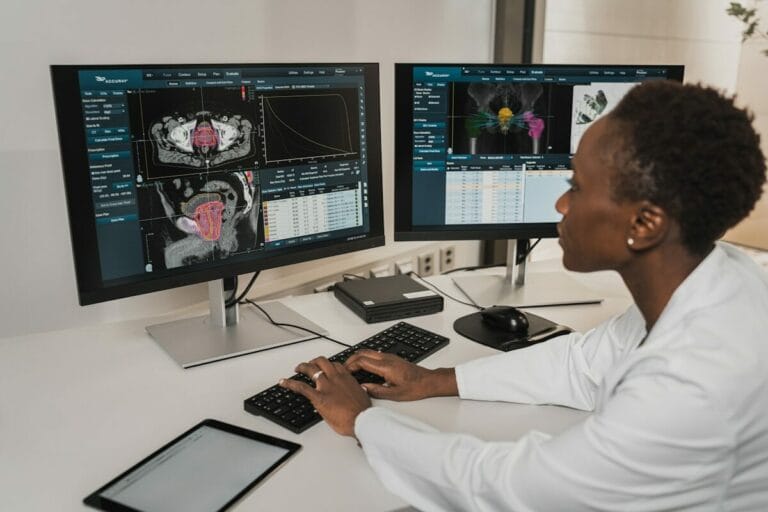US Women Increasingly Turn to Self-Managed Reproductive Health
In the US, more women are choosing self-managed reproductive health for privacy and legal considerations. Learn about this shift in reproductive health choices.

In recent years, there has been a significant shift in how women in the United States manage their reproductive health, particularly in relation to abortion. With the tightening of regulations and the closure of many clinics, an increasing number of women are turning to self-managed termination pills as a crucial alternative. This change reflects a complex reality at the junction of legal, social and health dynamics.
The Why and How of Self-Managed Reproductive Health
Self-managed reproductive health involves the use of medication to terminate a pregnancy without direct supervision of a healthcare provider.
For many women, especially those in rural areas or in states with stringent abortion laws, access to clinic-based termination services can be difficult. High costs, lack of local clinics, mandatory waiting periods and social stigma all play a part in making access to traditional termination services challenging. In contrast, abortion pills can often be obtained more discreetly and affordably, sometimes even online.
Legal Landscape
The legal framework surrounding termination in the US has become increasingly complex and restrictive in several states. As a result, abortion pills represent a vital workaround for women affected by these restrictions. However, it’s important to note that the legality of obtaining and using abortion pills varies by state, and this legal uncertainty can pose risks and fears of potential prosecution.
Safety and Effectiveness
“We think because it’s getting more difficult to access facility-based abortion, that self-managed abortion will increase” said Lauren Ralph, an Epidemiologist whose research focuses on young people’s access to abortion and experiences making decisions around pregnancy. Known for her research on the impact of policies mandating parental involvement on young people’s experience accessing abortion, she looked into how “being denied an abortion impacts maternal health outcomes and educational trajectories and on levels of decision certainty and among people seeking abortion.”
The Experience of Self-Managed Reproductive Health
Many women share that while the process can be physically uncomfortable, the emotional relief of having a safe option outweighs the discomfort.
There is a growing network of support focusing on reproductive rights and access to self-managed abortions. Such organizations provide information on obtaining and using abortion pills safely. They advocate for decriminalization of self-managed reproductive health and work towards greater accessibility.
These advocacy groups also emphasize the importance of education on the use of these medications. Accurate information helps ensure that women can use these drugs safely and effectively, minimizing the health risks associated with improper use.
The shift toward self-managed abortions raises significant ethical and social questions. For many, it is a step towards reclaiming agency over one’s body and health decisions. For others, it highlights the pressing need for more accessible healthcare services. It also marks the ongoing debate over reproductive rights in various political and social settings.
The Way Forward
As the landscape of reproductive rights continues to evolve, the role of self-managed termination likely will grow. It remains crucial for policymakers, healthcare providers and community leaders to address the underlying issues of access to care and information that drive the need for self-managed abortions.
While self-managed reproductive health is not the first choice for every woman, for many, it represents a necessary option in the face of increasing restrictions. The ongoing debates about these choices touches on the broader themes of bodily autonomy, healthcare access at the intersection of law and personal wellbeing. These are not just issues for the individual, but challenges for society as a whole, making the need for open, inclusive dialogues more important than ever.
Do you want to share your story and inspire our readers ? Know that YOUR EXPERTISE is paving the way for a fairer, happier society.




